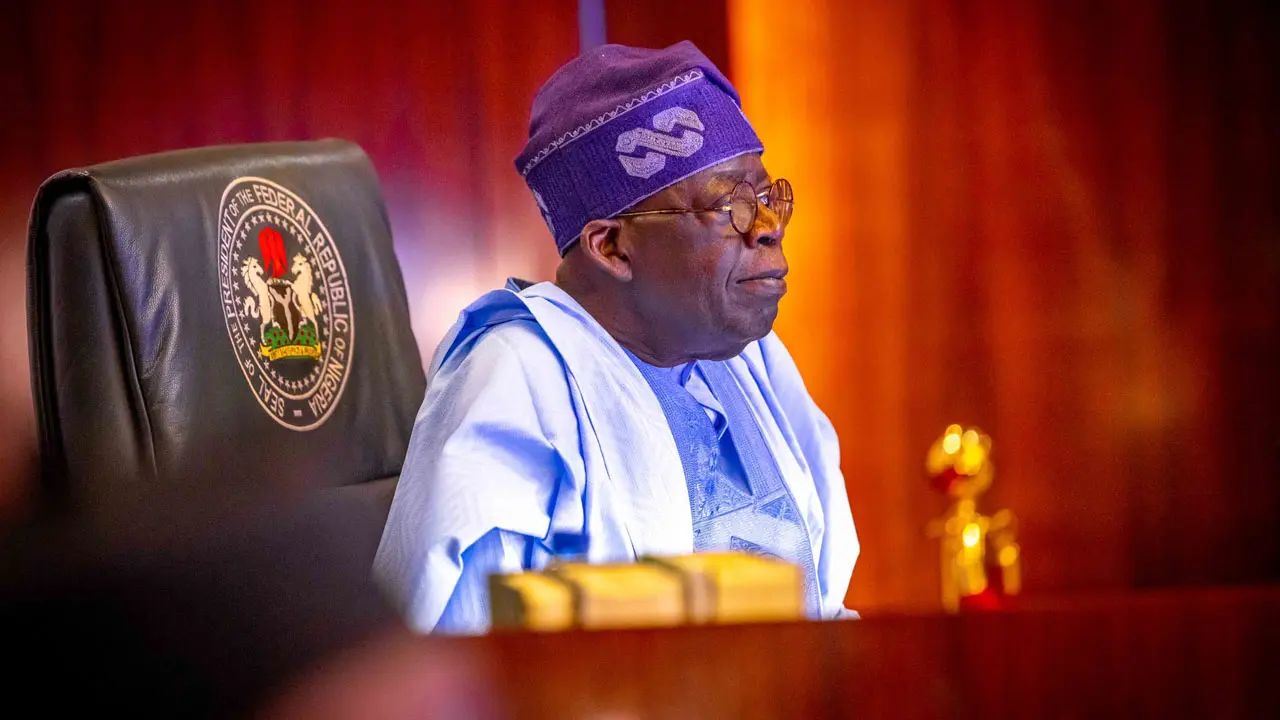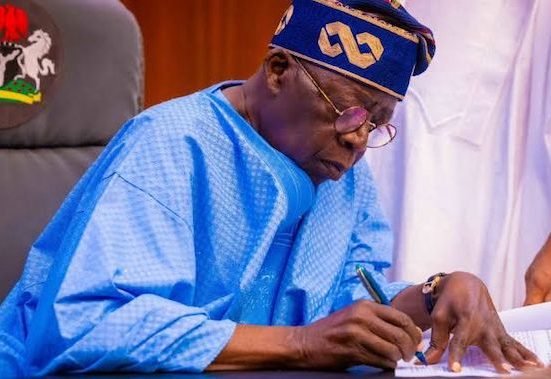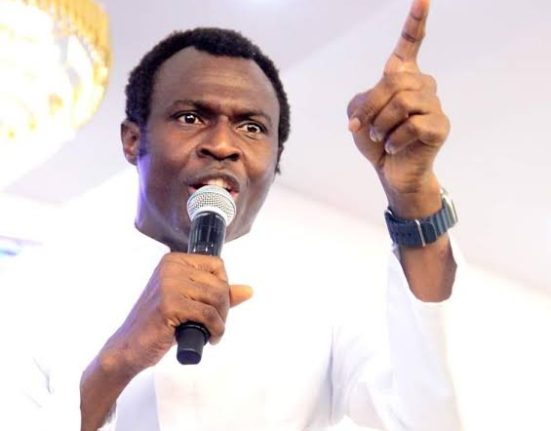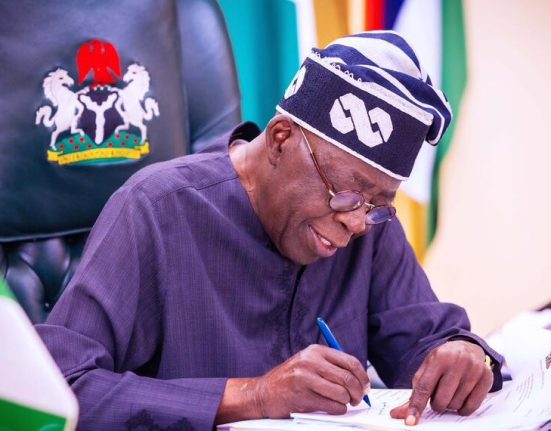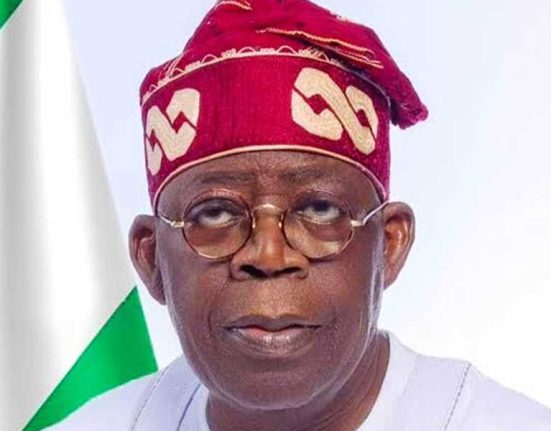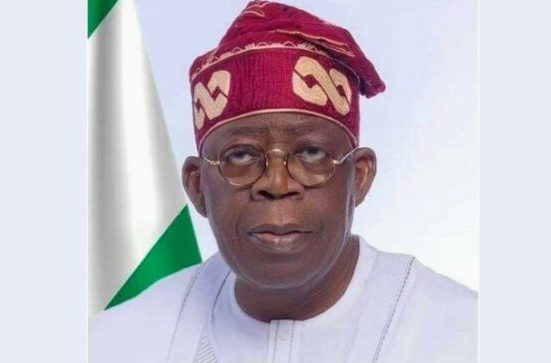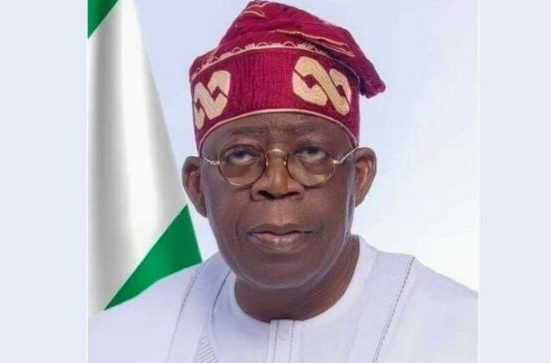July 10, 2025 | Abuja, Nigeria — President Bola Ahmed Tinubu has pledged to consolidate on the achievements of his predecessor, former President Muhammadu Buhari, as part of his administration’s roadmap for national growth and development.
Speaking on Wednesday during a high-level policy dialogue at the Presidential Villa in Abuja, President Tinubu reaffirmed his commitment to sustaining the reforms introduced under Buhari’s leadership, noting that those initiatives laid the foundation for several ongoing policy directions.
“We are not here to tear down what has been built but to build on it. Former President Buhari’s administration made significant strides in infrastructure, agriculture, and anti-corruption. We will consolidate those gains, strengthen the institutions, and ensure that the reforms work better for the Nigerian people,” Tinubu stated.
He highlighted ongoing economic restructuring, including subsidy removal, foreign exchange unification, and renewed investment in social programs, as efforts that align with the principles championed by Buhari. According to him, continuity in governance is essential to avoid policy reversals that could derail national progress.
The President also called for collaboration among government institutions, private sector stakeholders, and citizens, emphasizing that collective effort is needed to achieve sustainable development and long-term prosperity.
While acknowledging existing challenges such as inflation and insecurity, Tinubu expressed optimism that his administration’s policies would yield results with patience and support from Nigerians.
“We are aware of the pains caused by some reforms, but they are necessary sacrifices for the greater good. We will stay the course, and the results will speak for themselves,” he assured.
Political observers say the president’s remarks signal a strategic continuity aimed at aligning his administration’s vision with Buhari’s legacy, particularly in areas like national security, infrastructure development, and economic policy.

